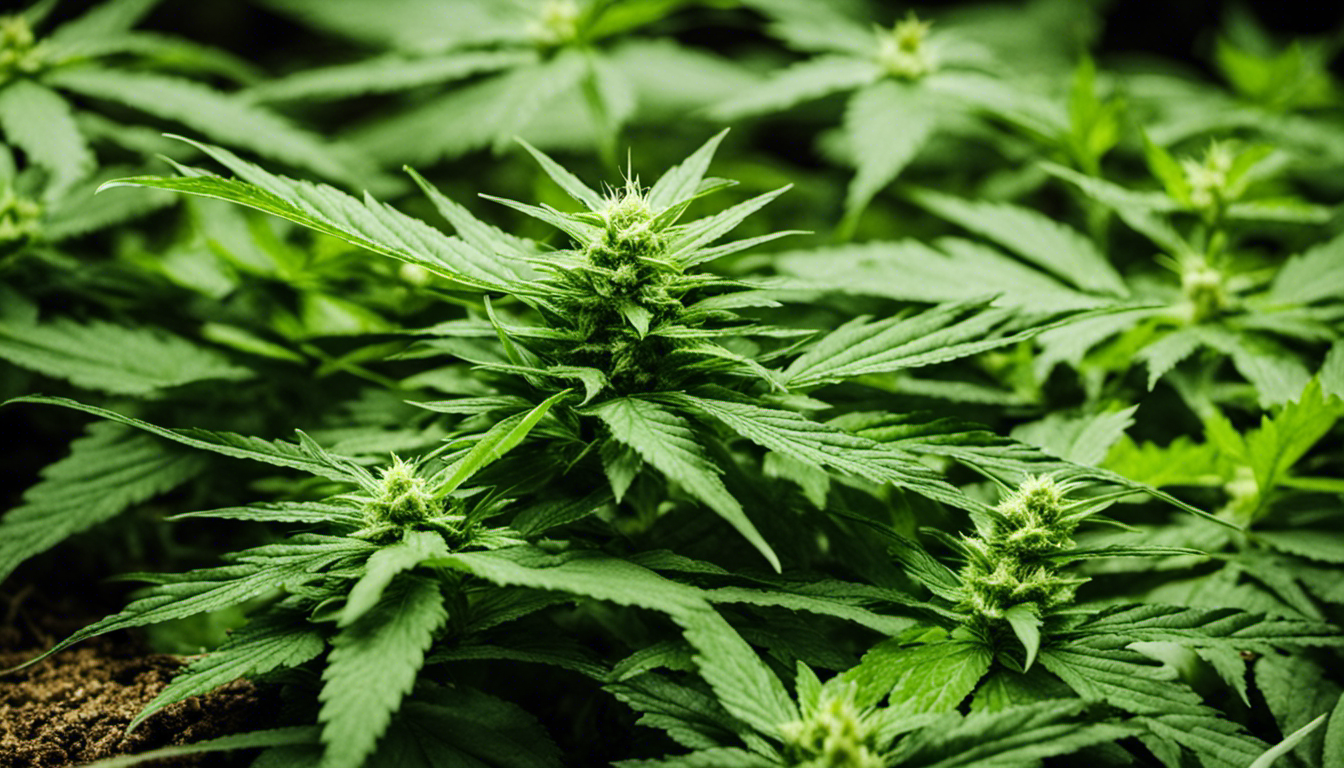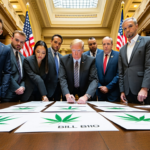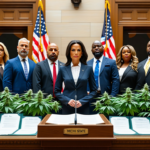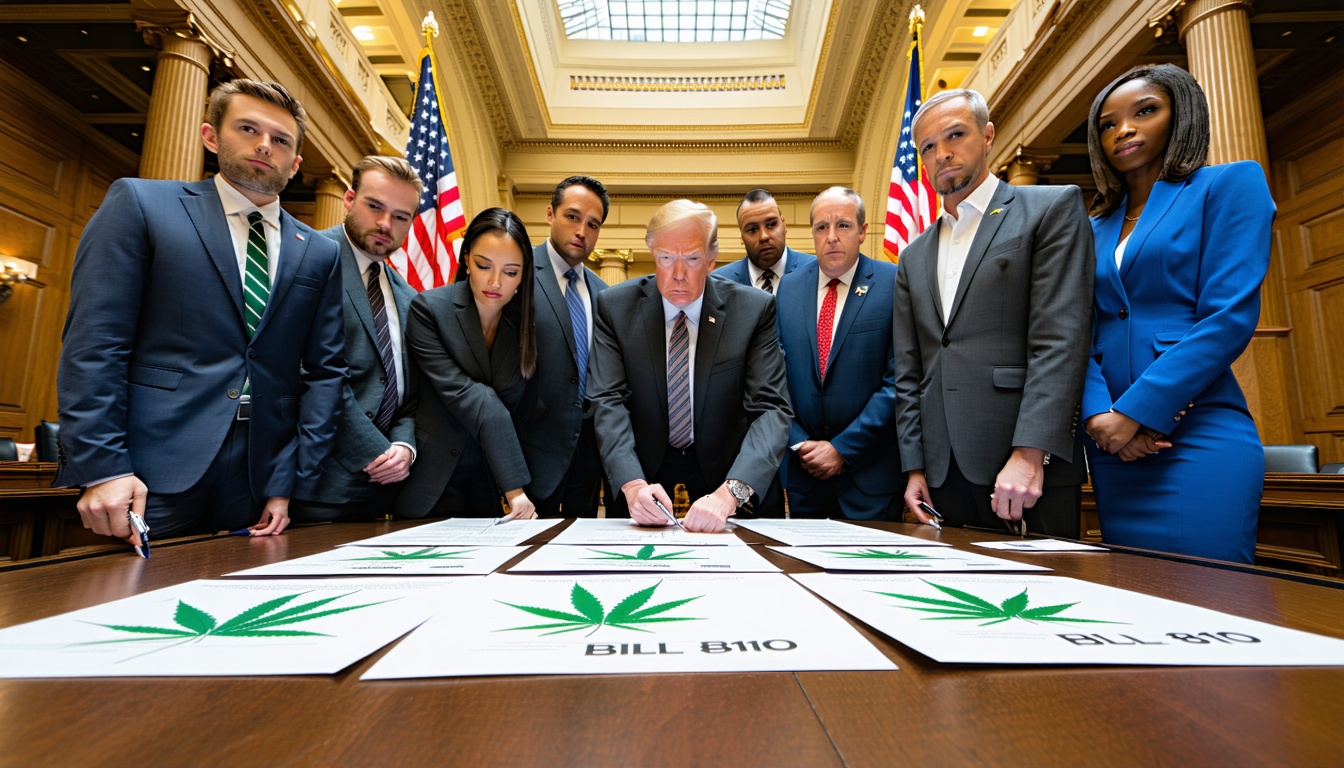Indiana’s neighbors have legalized marijuana, and some lawmakers in the state are considering following suit. State Representatives Sue Errington and Jim Lucas, who couldn’t be more different in their political views, have found common ground on the issue. They agree that Indiana should legalize marijuana, with Errington supporting both medical and recreational use, and Lucas focusing on medical use.
One study suggests that Indiana could generate $171 million in tax revenue from marijuana sales, similar to Colorado’s model. Lucas believes this figure is too big to ignore, while Errington sees it as a way to fund various programs, such as preschool and kindergarten, and substance abuse centers.
While Governor Mike Braun has expressed openness to discussing medical marijuana, he has not endorsed recreational use. Senate President Pro Tempore Rodric Bray has also expressed opposition to any form of marijuana legalization.
Lucas has had a personal experience that has influenced his stance on marijuana. An elderly veteran, who was a Vietnam War veteran, approached him and shared how marijuana had helped him manage his anxiety and depression. This encounter changed Lucas’s perspective on marijuana, and he now believes it should be legal for medical use.
Errington has also heard similar stories from constituents, including those with PTSD and epilepsy. She believes that legalizing marijuana would help people access relief for their medical conditions and reduce the number of Hoosiers who are forced to break the law to access it.
Michael Hicks, an economics professor at Ball State University, notes that while taxing marijuana may not boost the economy, it does provide additional revenue for the state. He suggests that the revenue could be used for various purposes, such as addiction services, child support, or other state programs.
As Indiana’s neighbors, including Michigan, Illinois, and Ohio, have legalized marijuana, some argue that it’s only a matter of time before Indiana follows suit. Errington and Lucas are pushing for legalization, with Errington proposing a framework for a Cannabis Regulatory Agency to oversee the industry.
Lucas wants to ensure that regulation is in place to prevent a black market and that licensing fees are reasonable. Hicks suggests that implementing a tax on marijuana could be straightforward, similar to how taxes are placed on other products like tobacco and alcohol.
While there are many potential benefits to legalizing marijuana, including increased tax revenue and access to medical relief, there are also concerns about the potential impact on public health and safety. As the debate continues, it’s clear that Indiana’s lawmakers will need to weigh the pros and cons before making a decision.












